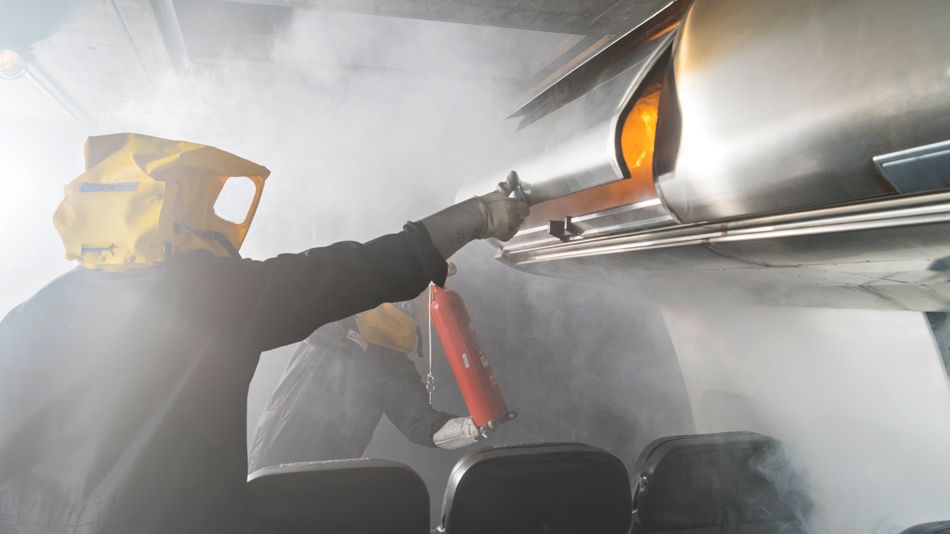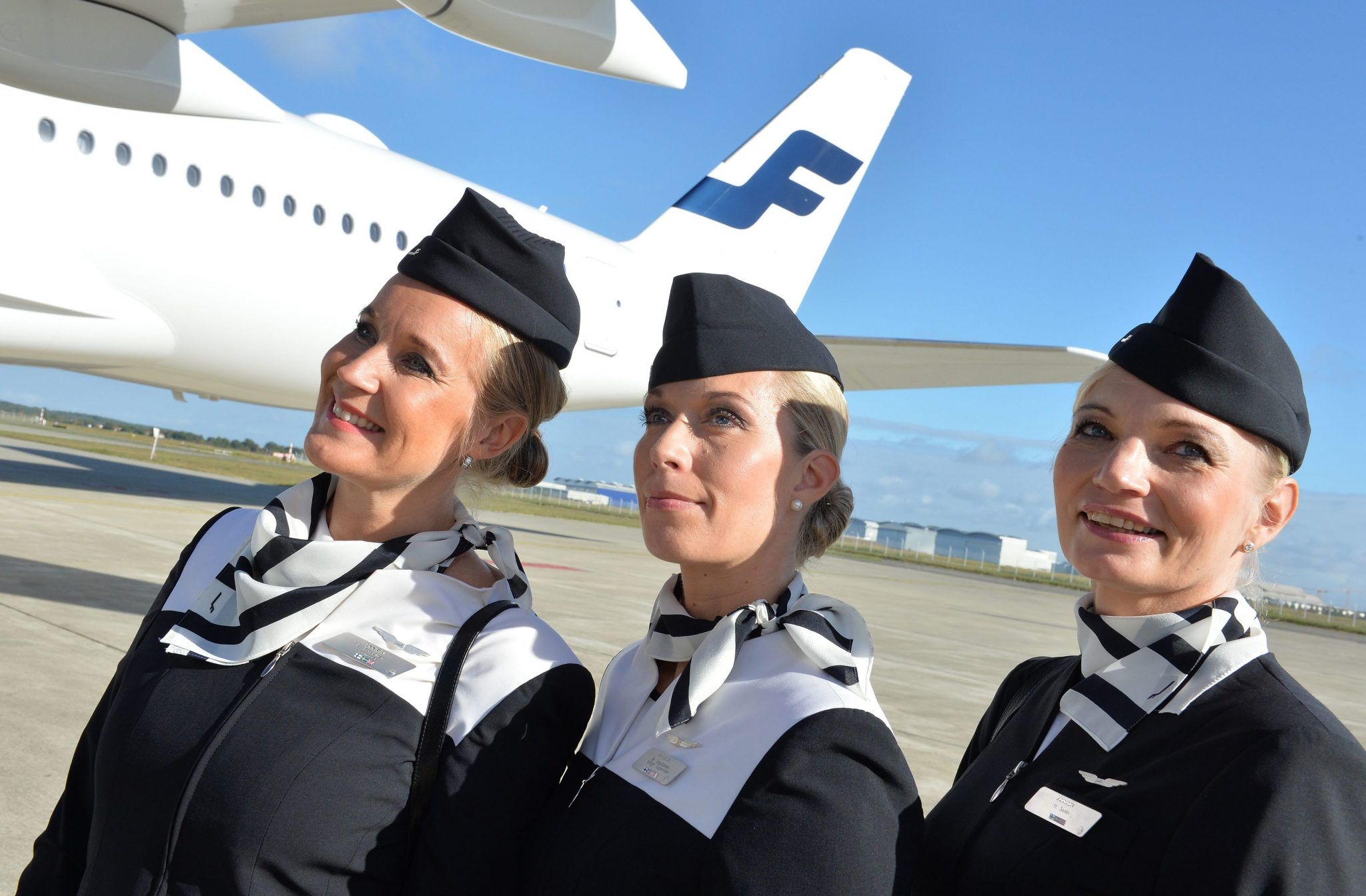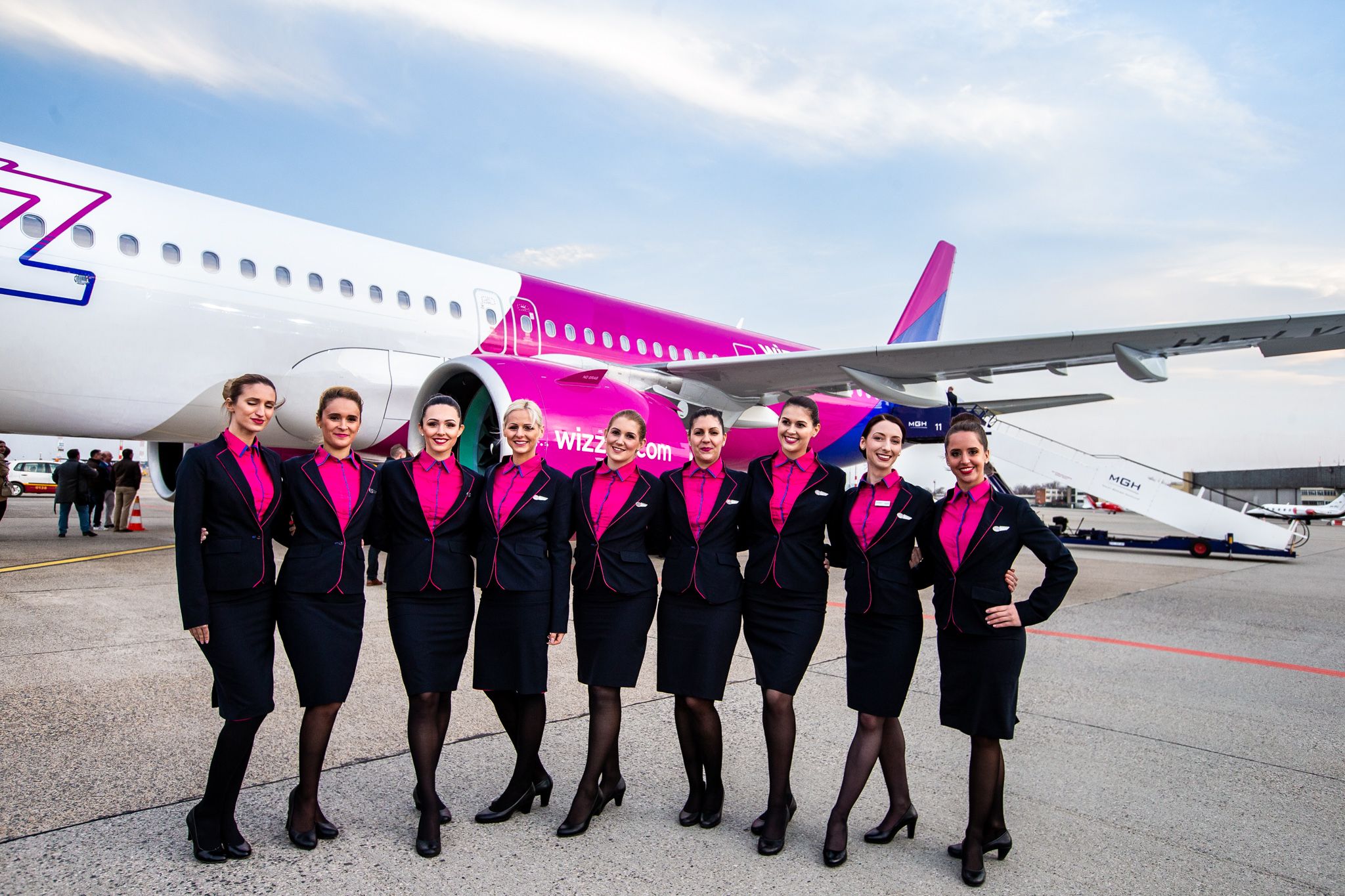During the pandemic, many cabin crew lost their jobs and ended up moving out of the aviation industry. When recalled by airlines post-pandemic, some never returned or retired early instead of rejoining. But also, many airlines dropped cabin crew salaries to cut costs and some have added age limits, alienating a large sector of the job market. This has led to an influx of young and inexperienced cabin crew. Here we take a look at the need for experienced crew - shouldn't the airlines know better?
Legalities
In terms of scheduling a flight, the operator or airline should take into account the experience of each cabin crew member, according to EASA guidelines. A crew member should have at least three months operating as a crew member. The operator should also state in the operations manuals how much experience their crew should have before flying solo (in terms of private jets or small aircraft types with under 50 passengers).
This also applies to senior cabin crew members and how many years of experience are required before promotion. There should never be less than 50% of the cabin crew on a flight with significant experience.
 Training
Training
Every cabin crew member has to complete a full training program as stated in the operations manual, and it is very specific. The cabin crew then has to visit an example of the aircraft type and go through the various equipment onboard. After this, they will do a number of supernumerary or familiarization flights as decided by the operator. This is only when the cabin crew is allowed to fly without being assessed by the senior crew member.
Get the latest aviation news straight to your inbox: Sign up for our newsletters today.
Example one
A senior crew member (SCCM) was dealing with a sick passenger on taxiing. Another crew member was asked to turn on the cabin lighting, as it was nighttime. The crew member did not know how to use the flight attendant panel. The SCCM had to go back to the front of the aircraft to switch them on before going back to the sick passenger. Three of the crew members onboard had very limited experience, and one had just left training.
The concern here is that the SCCM was left alone to deal with the sick passenger, communicate with the flight deck, and control the cabin environment. The new crew member had been trained on the panel but was not used to it yet. It may seem a small matter, but what if the situation had been more serious?
Example two
During the aircraft taxiing, a loud bang was heard near the engine. There were five cabin crew onboard. The SCCM could not communicate with the rest of the cabin crew and did not even think to contact the flight crew. She initiated an unnecessary evacuation unbeknownst to the flight crew. They saw the evacuation slides and passengers running away from the aircraft with their luggage. At this point, the engines were still running. Luckily, there were only minor injuries.
The SCCM had been flying only for six months, had six months on the ground, and recently returned to flying after being promoted to SCCM. She said that she felt 'overwhelmed and shocked' and described the other crew as 'scared.' She also commented that she doesn't have anything to do with the flight crew. One crew member had flown the same time as the SCCM, two of the crew had just a few months of experience, and one had just come out of training.
Want answers to more key questions in aviation? Check out the rest of our guides here.
Consequences
Does the trend for young inexperienced crew have some effect on safety? Shouldn't experience be used to its best advantage?
After all, a truly experienced cabin crew member will have one or many more ab initio cabin crew training behind them, plus yearly recurrent training and thousands of flights. They may have also dealt with medical emergencies onboard or had an evacuation or emergency. They will also know the aircraft inside out. Surely, it's time for airlines to use that safety experience and knowledge to mentor and train new crew instead of taking risks.


